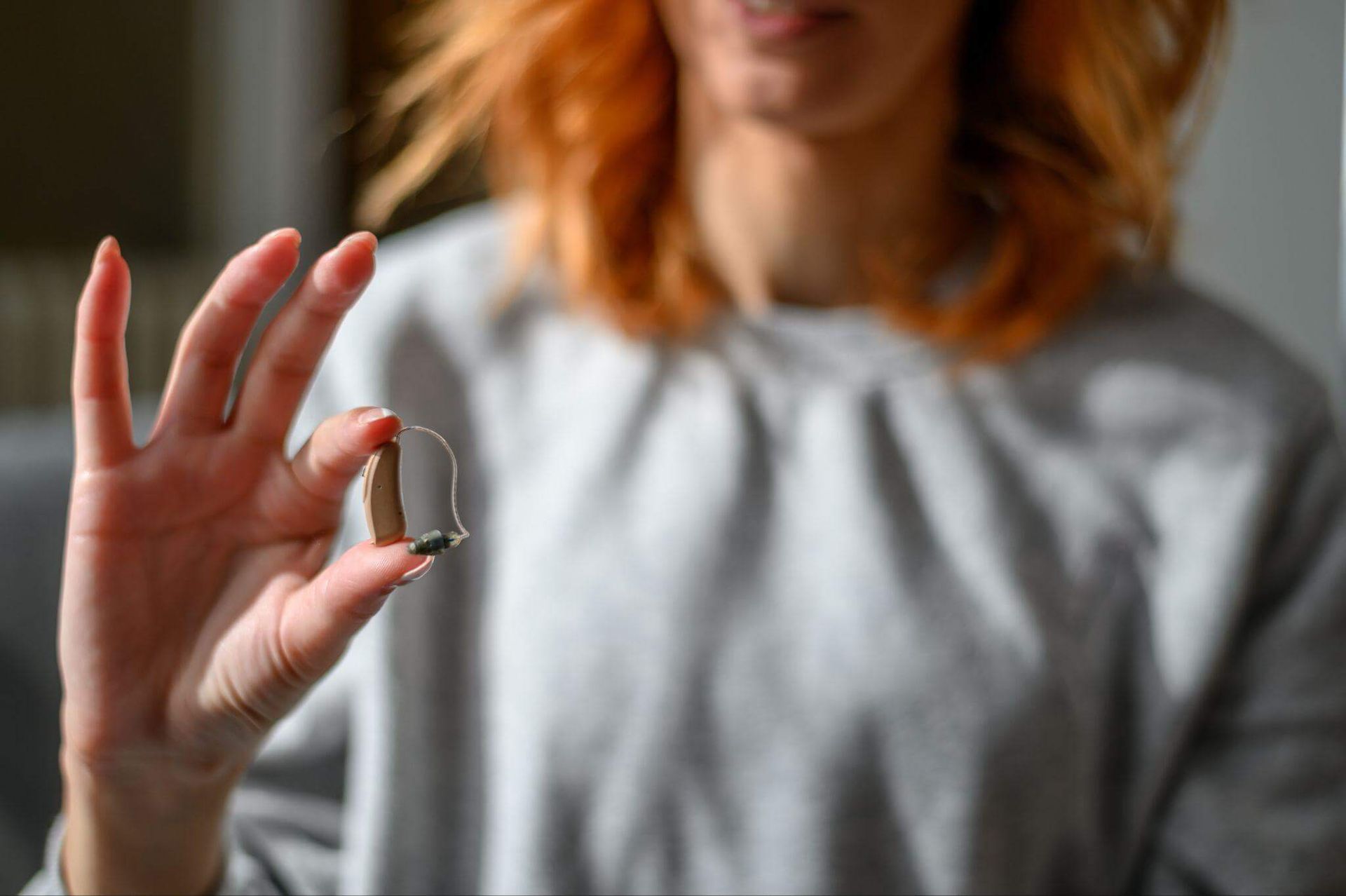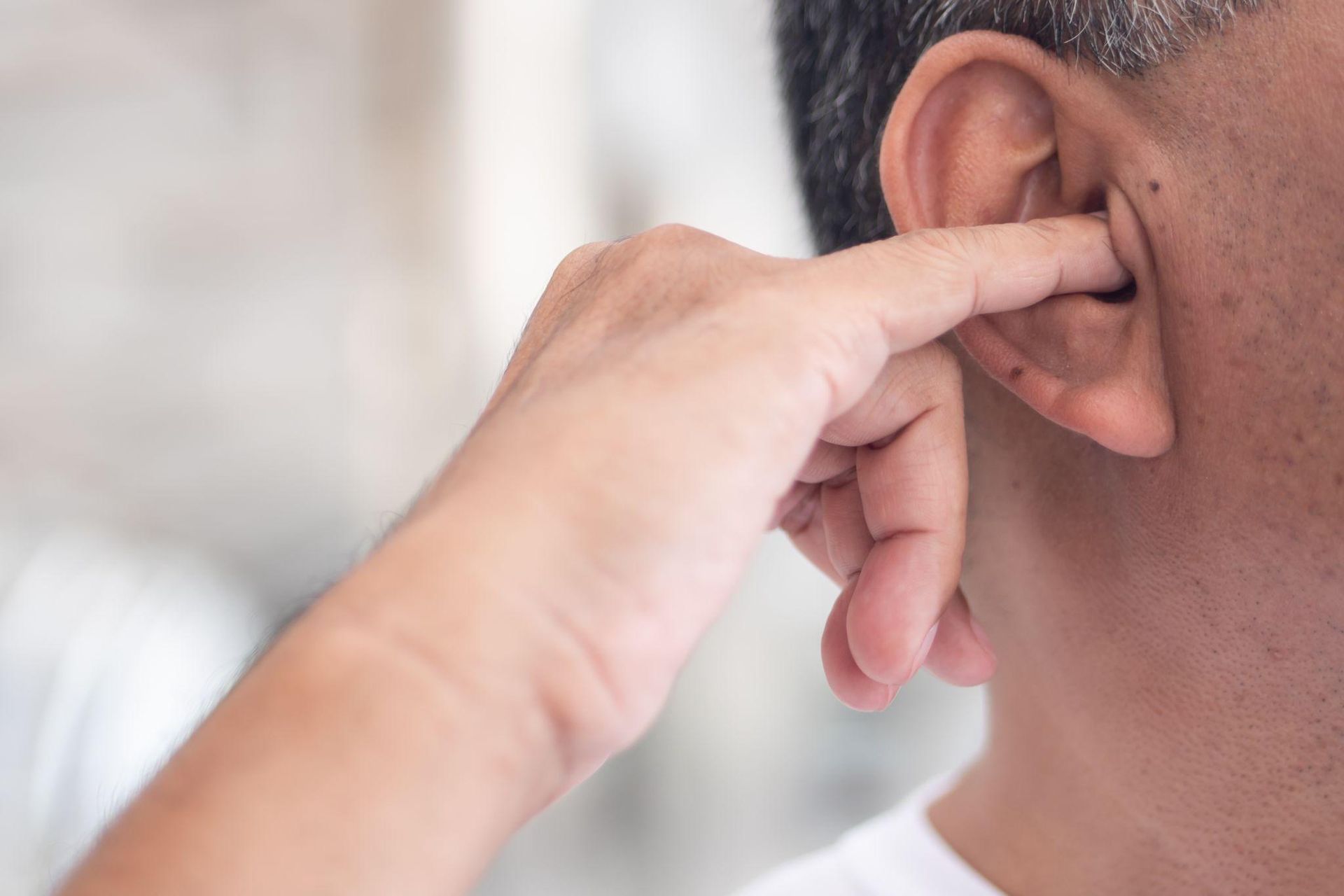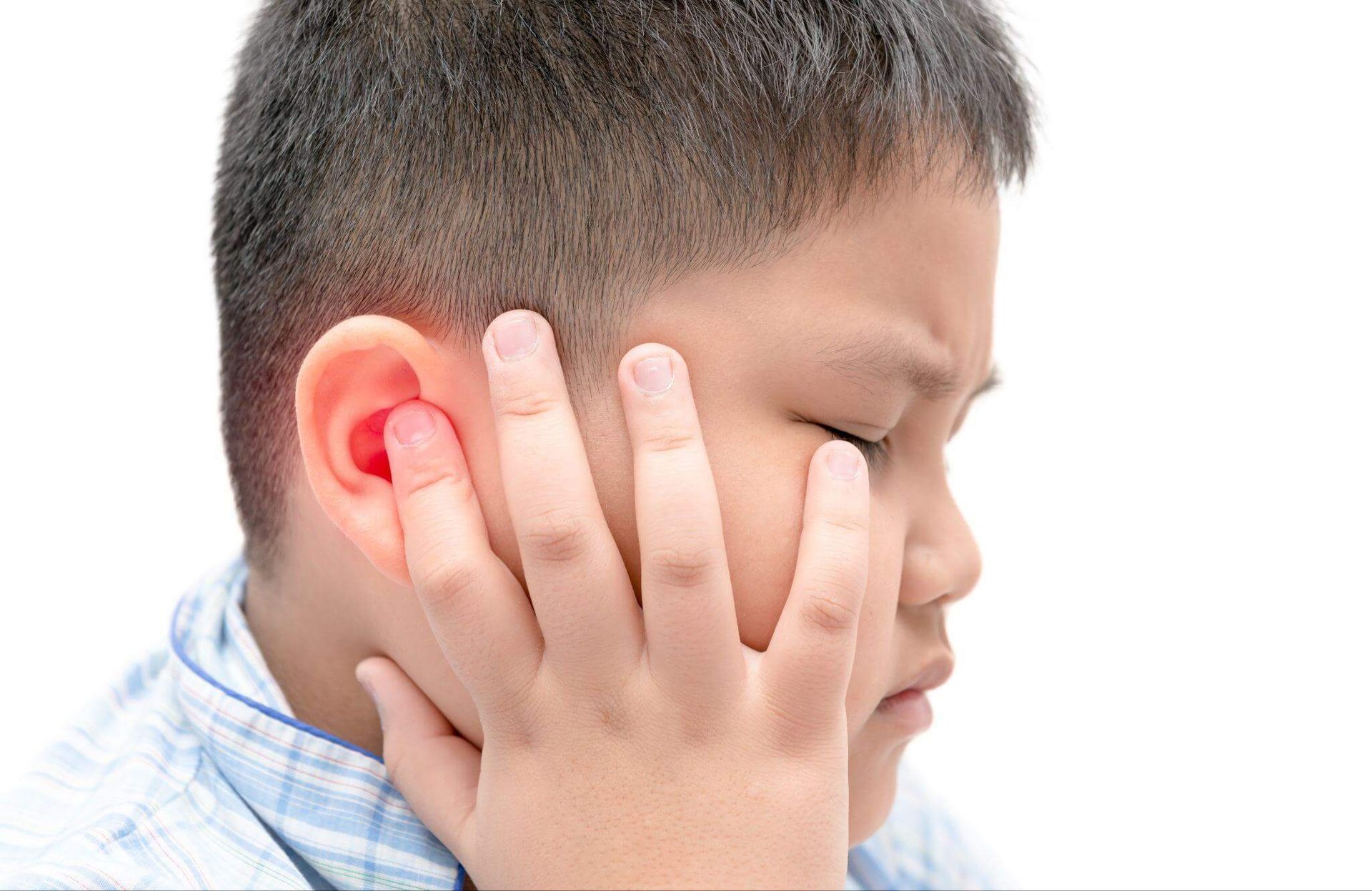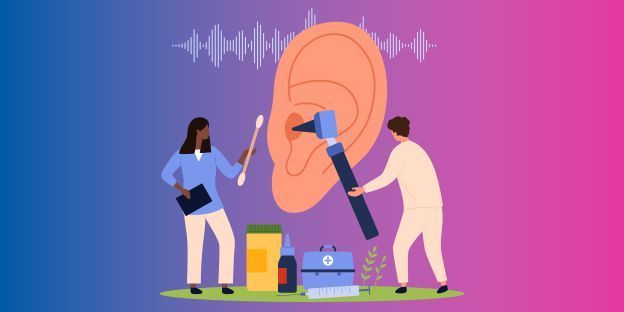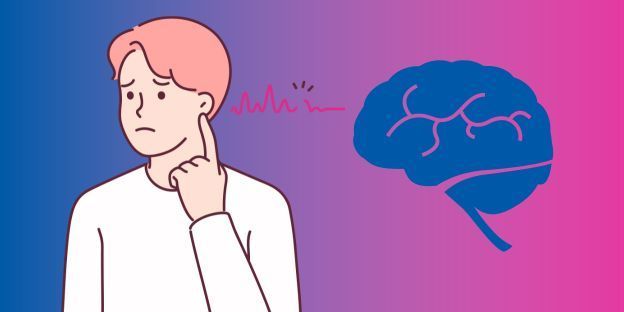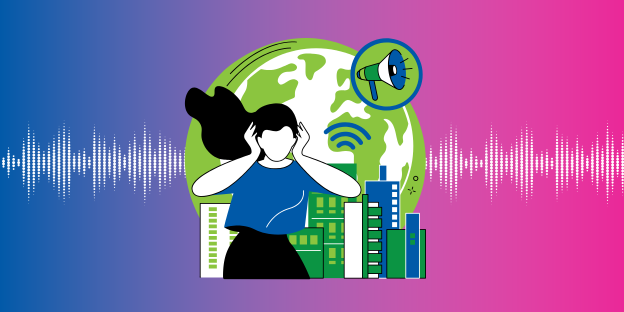Getting Used To Hearing Aids
Getting used to new hearing aids
It is normal to require time to adjust to new hearing aids. Even if you have been wearing hearing aids for years, upgrading to new devices often requires a transition period to get used to the different hearing aids.
When you get new hearing aids, your brain needs time to adjust. But this is also an opportunity. Over time, your hearing aids can be attuned to offer more benefits and more assistance in situations that are challenging.
We understand that adjusting to new hearing aids can be uncomfortable. Our hearing specialists are available to help at every step, so you can quickly get used to your new hearing aids and receive more benefits from the technology.
How your brain adapts to new hearing aids
The role of the brain in hearing is essential and explains why it takes time for you to adapt to new hearing aids.
The brain processes the signals it receives from the ears. If the signals are incomplete or weak, the brain can fill in the gaps and adapt to help you hear in a broader range of conditions. Our brains are incredible at adapting to process noises into understandable sounds.
Just as the brain adapts to weak or incomplete sound signals, it needs time to adjust when those signals are strengthened. New hearing aids contribute to comprehensive and balanced sounds, so the brain receives complete and more accurate signals.
When you begin wearing new hearing aids, your brain is receiving a different range and strength of signals. This can be uncomfortable and distracting, so we often program new hearing aids to be quieter than required. Over time, your brain will adapt to the new hearing aids.
What to expect from your first days
The first days with new hearing aids are similar to turning on a light in a dark room.
Your eyes are used to the dark and can even make out some objects despite the absence of a light source. Your brain has adapted to processing sights under dark conditions. When a light is suddenly turned on, it can be uncomfortable. But after a few seconds, you can see.
Your brain requires some time to adjust to new hearing aids. To avoid overwhelm, the hearing aids are programmed with consideration for the change you are experiencing. With time, your brain adapts.
This process is streamlined with the support of a hearing aid practitioner. At Discover Hearing, we encourage you to return for a few follow-up appointments after receiving new hearing aids. We will adjust your hearing aids and provide tips to adapt to the new devices as quickly as possible.
Tips for adjusting to new hearing aids
When you get new hearing aids from Discover Hearing, we will help you adjust through ongoing support. Follow-up appointments are critical in understanding your progress and monitoring the performance of the hearing aids. We will also share any tips that will be useful to your transitional period.
Keep us up-to-date with how you are feeling
Your hearing aid practitioner is available to listen to your experiences – good and bad. We can recommend what is best for you based on what is working well and what challenges you face with your new hearing aids.
Follow your comfort level
It takes time to get used to hearing aids. The goal is to use them regularly, but it is okay if you don’t get to that point right away. We recommend taking note of the situations, places or times of day when you decide to take a break from your devices. This information will assist your hearing aid practitioner in making adjustments or offer recommendations.
Start with one-on-one conversations
Have conversations with your family member, partner or friends – people you can be honest with. If the conversations are carrying on without significant distractions, then try introducing some other noises or experiment in different environments. Again, take note of what is fine and what is challenging.
Acknowledge and appreciate new sounds
It is normal to hear new sounds again (such as the ticking of your vehicle’s turn signal). While you get to enjoy the sounds you want to hear, sometimes this means you’ll listen to unwanted or unfamiliar noises. For example, even your voice may sound different. If you are removing your hearing aids to limit unwanted sounds, let your hearing aid practitioner know.
Hearing aids will change your life
Hearing aids will change your life, but it is normal to need an adjustment period. We want everyone with new hearing aids to experience the full benefits of their devices – as you adjust to them and afterwards.
We are available to discuss the challenges and opportunities you experience. And we hope you share them with your hearing aid practitioner. This will help us better adjust your hearing aids to make an even more significant difference in your life.



